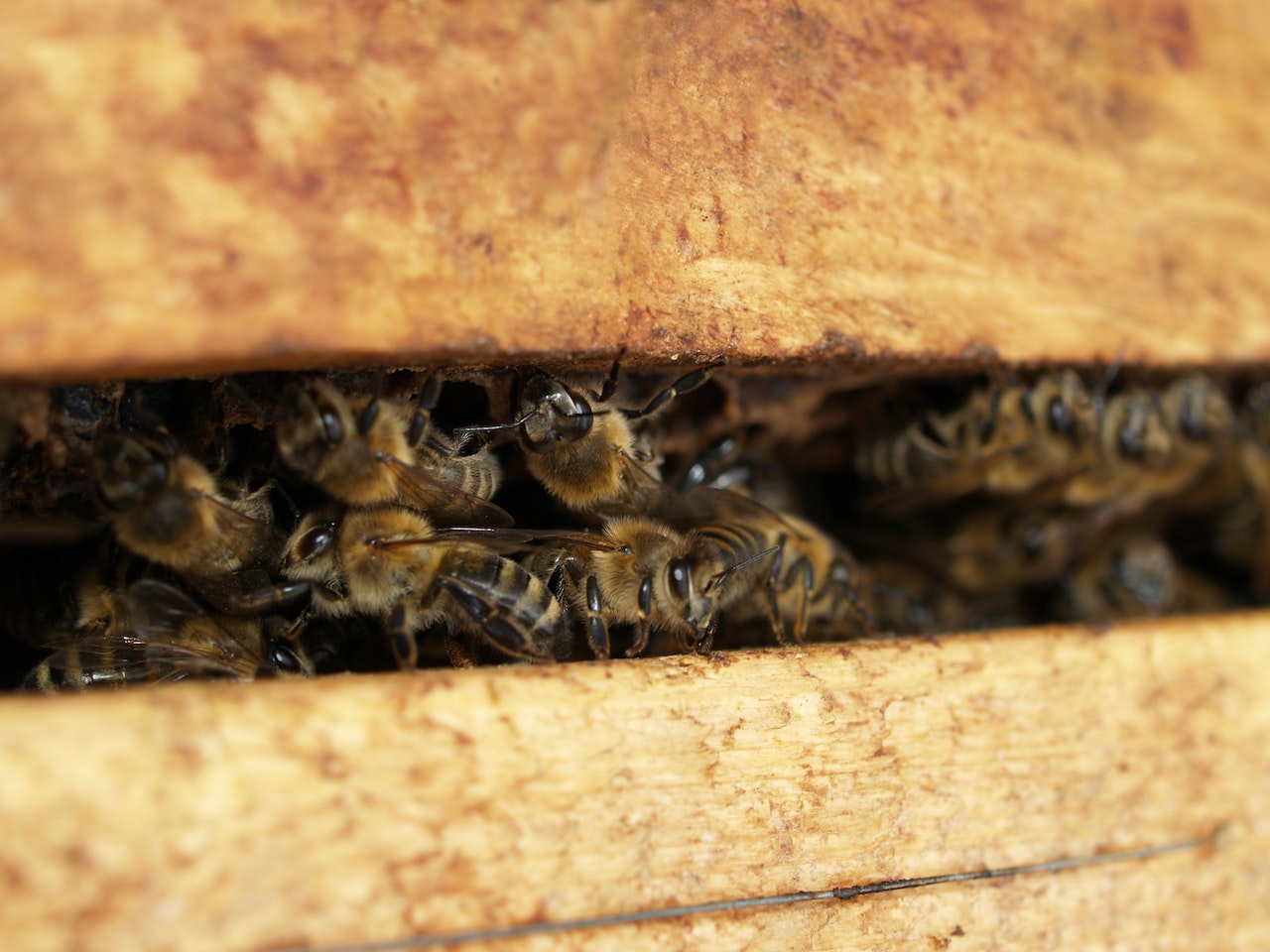
The Drone-Laying Queen Research Project 2012
Westland Countryside Stewards are pleased to announce a donation of £1000 to help in the Drone-Laying Queen Research Project.
Holsworthy Beekeepers are an enthused group who are determined to see the project through in spite of the obstacles put in their way by the British Beekepers Association. Fortunately Devon Beekeepers Association in association with WCS had more foresight in supporting them. There can be little doubt that declining queen fertility is a growing problem and work needs to be urgently done to try to identify factors which are causing this change in honey bees.
An investigation into the health of the spermatheca of drone-laying queens (DLQ) with particular emphasis on the possibility of viral involvement.
Background
In autumn 2011, Glyn Davies and Reg Godwin set out to investigate the old adage that a honey bee queen becomes drone laying simply because she runs out of sperm. The mathematics of sperm numbers during insemination and queen longevity made this unlikely to be the sole cause. Having experimented with different forms of preservation of the specimens, we did a very small histological study of a virgin queen, a normal queen and a drone layer. This revealed some surprising results in that there were considerable cellular differences in the lining of the spermathecae of these three groups. There was still sperm present in the spermatheca of the DLQ but it was of abnormal appearance and of questionable viability. In addition, the epithelial wall of the spermatheca was degenerating, tracheoles were diminished and in several of the epithelial cell nuclei, inclusion bodies were found. These are usually an indication of viral infection.
A summary of the research results will be published in DBKA journal “Beekeeping” and a fuller article will be offered to BBKA for consideration in “BBKA News”. Submission to “Journal of Apicultural Research” will be considered subject to satisfactory peer review.
The essence of this project is that it will be a collaboration between amateur beekeepers and professional scientists to investigate infertility in honey bee queens.
